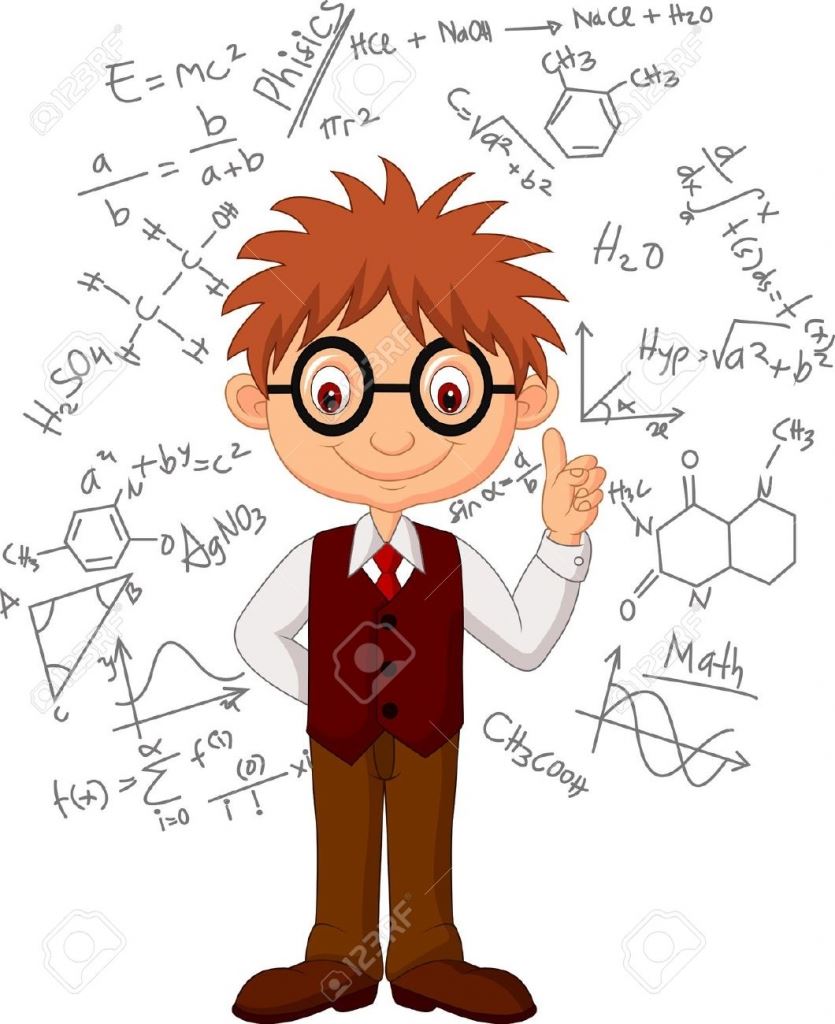
Algebra II Honors
-
Course Syllabus: Alg.
Algebra II Honors: Rob Hoff 941-575-5450 ext1820 Room H213 rob.hoff@yourcharlotteschools.net
Course Description
Algebra 2 Honors is a general education course that will count as one of the four mathematics credits required for high school graduation. The course will take the concepts learned in Algebra 1 from proficiency to mastery. In Algebra 2 Honors, the students will concentrate on graphing and solving higher order equations, as well as radical, exponential, logarithmic and trigonometric functions. Application to real world problems and theory will also be emphasized. By the end of the course, the students will have achieved the necessary skills to advance to such courses as Analysis of Functions, Pre-Calculus or a university math course.
Course Prerequisites
This course requires a student to have successfully completed Algebra 1Honors and Geometry Honors.
Text and Suggested Supplies
All items are to be brought to class daily.
Text supplied for each student to take home as well as the online version provided: enVision Florida B.E.S.T. ALGEBRA 2
Supplies: Calculator (non-programmable) TI-30 notebook dedicated to this class only / pencils/pens / Folder & paper
Grading
This is a lecture-style course where students are expected to take notes and complete daily assignments. The teacher will provide several examples for the students to follow and if time allows, guided practice during class. The students are expected to complete every assignment, read their text, and review their work on a daily basis. The students should be prepared for quizzes and projects given at the teacher’s discretion. No late assignments will receive credit. If a student is absent, their missed assignment, quiz, or test will have to be made up within the allotted time per student code of conduct. **All unexcused absences will only be awarded 70% of a students earned grade per school policy.
Assignments will be graded based on completion most of the time. Every problem must be attempted in order to receive full credit. Assignments will be graded on a random basis. This is designed to prepare you for college where no homework grades are given.
Course work will be graded on total points: 90% - A 80% - B 70% - C 60% - D
Semester grades will be weighted as follows:
Quarter 1 (or 3)
35%
Quarter 2 (or 4)
35%
Exam
30%
Total
100%
Policies and Procedures SEE STUDENT CODE OF CONDUCT
- Students are expected to be on time and prepared for every class. After the first 10 minutes of class, you will not only be marked as unexcused tardy but also have a referral submitted for skipping class.
- The student is expected to be in his/her seat when the bell rings and be ready to work.
- Students are not allowed to be out of their seat without permission.
- The only electronic devise allowed to be used during class is a calculator. Cell phones are not to be used as calculators. Cell phones and electronic devices are to be put away while entering the classroom.
- It is the student’s responsibility to find what they missed if/when they are absent.
- The only time a student is allowed to sleep or lay his/her head down in class is after a quiz or test. If the student is too ill to sit up and participate, they will be given a pass to the clinic.
- No food or drink other than water is allowed in the classroom.
- Restroom passes are given as needed. Students are expected to not abuse this. Student is expected to leave phone in the classroom when they go.
Course Objectives
Building on their work with linear, quadratic, and exponential functions, students extend their repertoire of functions to include polynomial, rational, and radical functions.2 Students work closely with the expressions that define the functions, and continue to expand and hone their abilities to model situations and to solve equations, including solving quadratic equations over the set of complex numbers and solving exponential equations using the properties of logarithms. The Mathematical Practice Standards apply throughout each course and, together with the content standards, prescribe that students experience mathematics as a coherent, useful, and logical subject that makes use of their ability to make sense of problem situations.
The instructor will also focus on vocabulary needed to better understand mathematics, and how the mathematical definition can relate to other courses. The student will not only be required to apply knowledge to real-world problems, but also explain how to solve problems in sentence and paragraph form. The student will also learn to access background knowledge and apply it to new topics.
A variety of assessments will be used throughout the school year. There will be multiple choice, basic computations, and extended response, including written explanations. The students are expected to follow proper grammar and punctuation rules and use the correct spelling. There may also be vocabulary tests.

